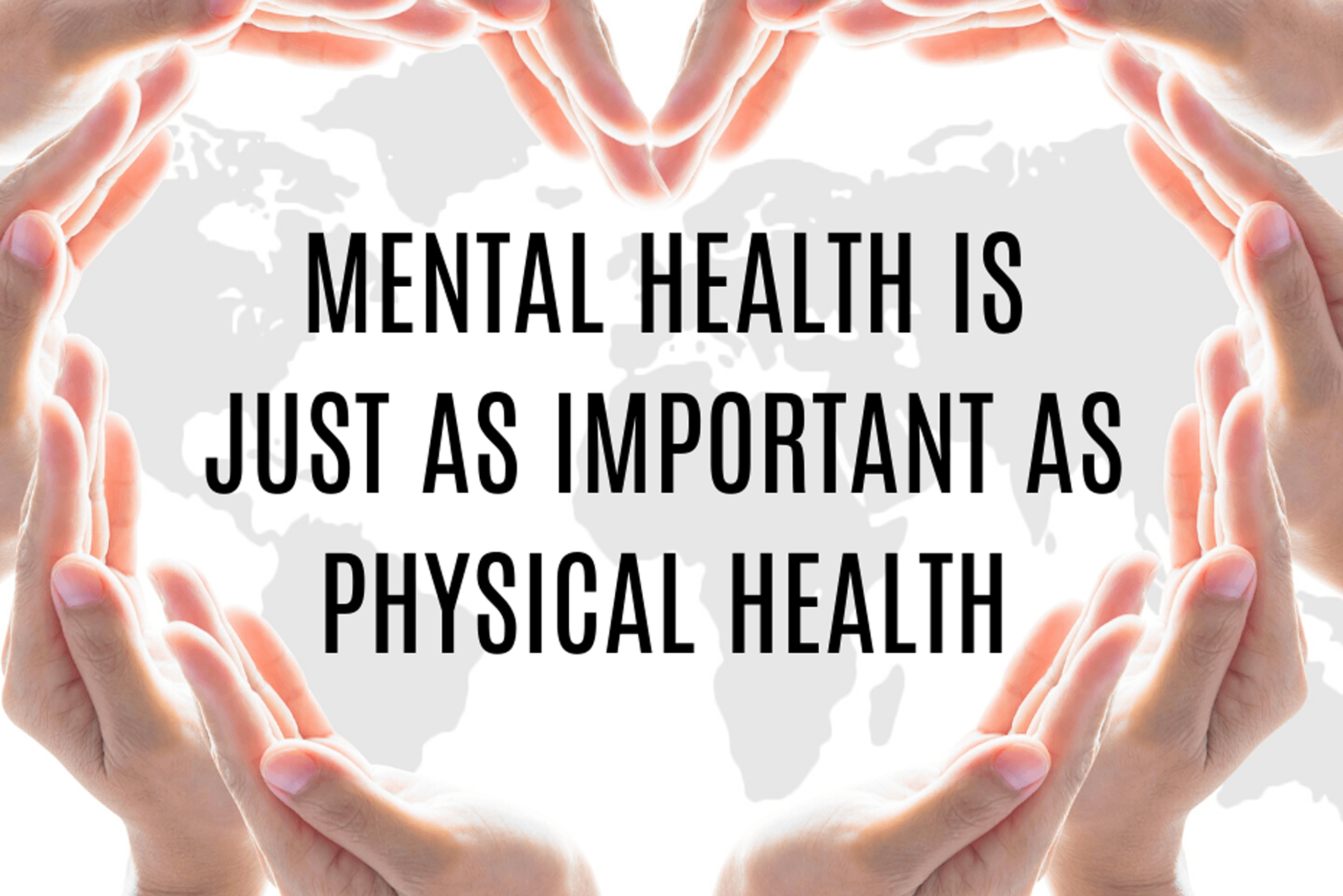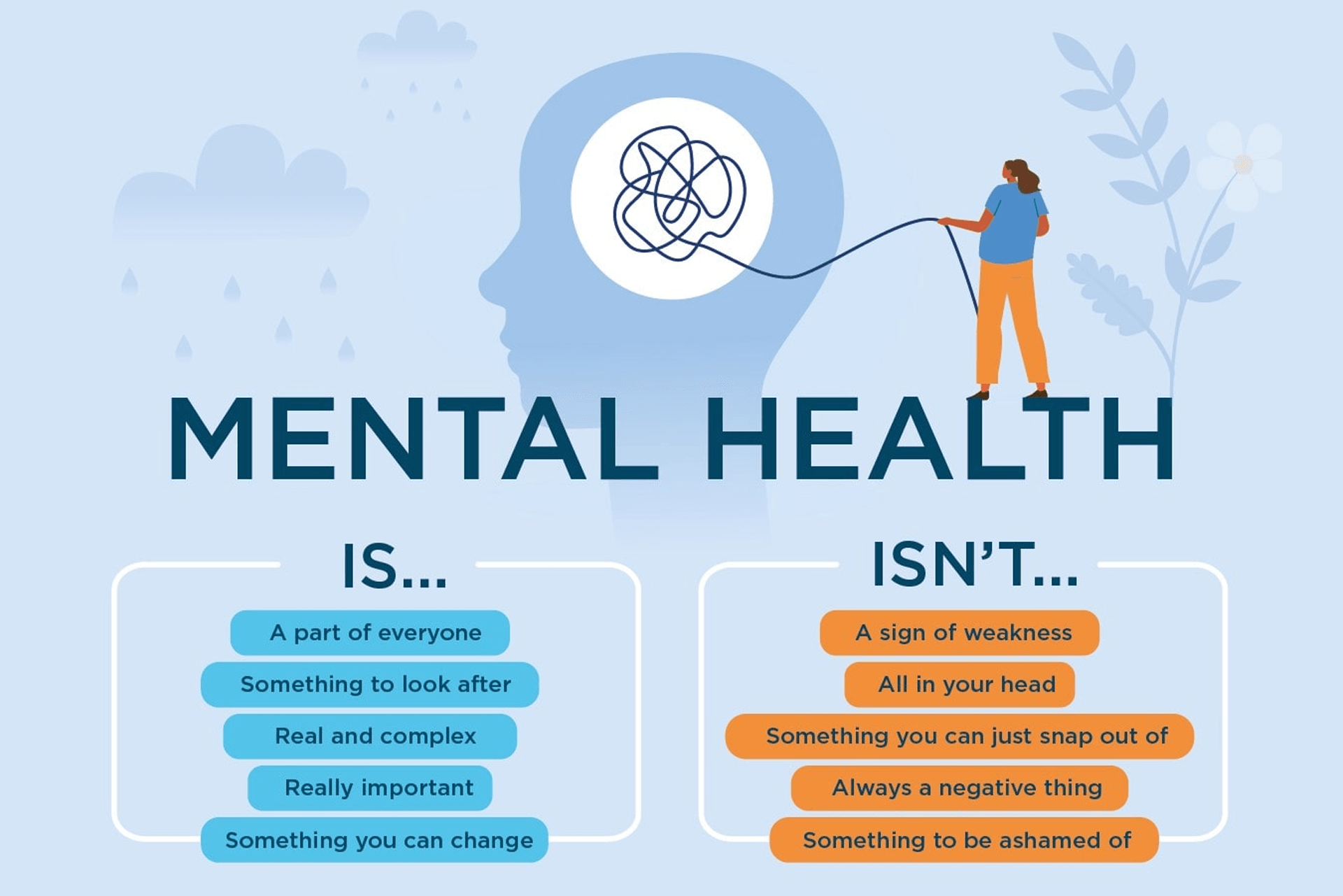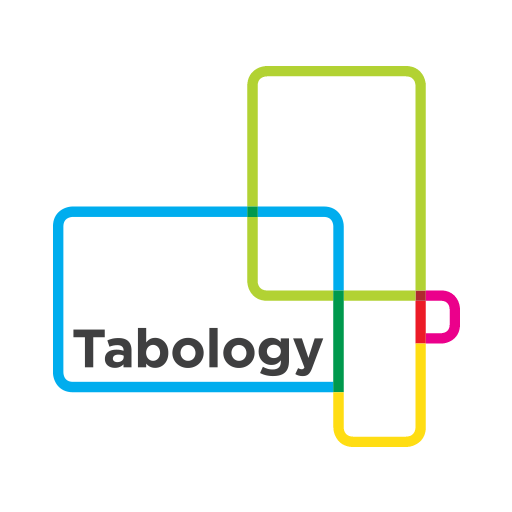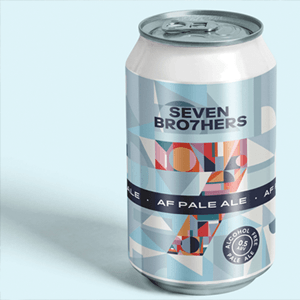How to support mental health issues in your hospitality venue
Anyone who’s worked in hospitality knows it gives you so much. There’s the camaraderie with co-workers, who become like your family. There’s the fulfilment that comes from putting a smile on customers’ faces. And there are the skills you gain – life skills they don’t teach you in school, that serve you in all walks of life.
But there are challenges too. And recently, these have been brought into the public eye by documentaries such as Clarkson’s Farm and The Hidden World of Hospitality with Tom Kerridge, and dramas like The Bear and Boiling Point. Progress is being made, but the mental health of hospitality workers is still not where it should be.
With
World Mental Health Day on the 10th October, and venues experiencing a period of calm between the summer and Christmas rush, it’s the ideal time to make sure you’re supporting your staff as effectively as possible.
We’ve looked at the latest research from
Hospitality Action to share with you some of the biggest strains on your staff’s mental health, along with some ideas on how you can help relieve them.
What are the main mental health issues in the hospitality industry (and how can you combat them)?
Work/life balance
Alongside under-staffing and high workloads, a lack of work/life balance is the most common problem impacting hospitality workers. Clearly, all of those issues are linked – fewer staff means everyone has to work a little harder and do more hours than usual (1 in 3 consistently exceed contracted hours).
Is working in hospitality stressful? It can be at times. Late nights and weekends are unavoidable. It requires ‘service with a smile’ (even when customers might not deserve one). It’s a physically demanding job. Perhaps this is why
almost of half of workers think burnout is ‘just part of the job’. Worryingly, this rises to 62% among junior workers.
But burnout does not have to be a foregone conclusion. Burnout is strongly linked to poor mental health, and makes it more likely staff will take time off work, or seek more tolerable employment elsewhere. So it’s in the interests of operators to support staff in achieving a good work/life balance. Here’s how:
- Create a culture of openness – 3 in 5 hospitality workers are still concerned there would be negative consequences to speaking up about their mental health challenges. Make it clear you care and take it seriously.
- Support flexible working options, to help fit around your staff’s family or caring responsibilities, as well as social and leisure activities that are vital to fulfilment and wellbeing.
- Have regular catch-ups over a coffee, or more formal 1-2-1 sessions and appraisals that allow staff to voice any concerns early on.
- Check in and pay attention to changes in behaviour, even if someone isn’t forthcoming in opening up about any issues.
- If there are concerns when it comes to the business amidst the current climate, be honest with your team. Chances are if you’re stressed or worried, people who work for you will have picked up on it and may be thinking the worst.

Physical health challenges
New research constantly reinforces the link between physical and mental health. It’s undeniable. Yet one-third of hospitality workers report physical health challenges affecting their mental well-being.
On top of all the unhealthy temptations modern life offers all of us, hospitality workers have unique obstacles to health. Long hours on the feet can lead to musculoskeletal problems. Irregular sleeping patterns can lead to insomnia. Irregular mealtimes and a lack of time to prepare healthy meals can affect digestive health and lead to weight problems. When problems such as these build up, the consequences can be damaging and long-lasting.
As an operator or manager, you can’t eliminate these challenges completely, but you can put things in place to mitigate them:
- Ensure sufficient breaks, even when busy, so staff can rest their legs, back and necks, which are all vulnerable to strain injuries
- Offer staff nutritious food, ideally free or subsidised – it may be their only chance for a proper, unprocessed meal all day
- Discuss flexible work patterns with staff to allow them time to get to the gym, walk to work, or take part in sports
- Explore collaboration opportunities with local gyms, athletic clubs, yoga studios etc, to offer discounted options for your staff
- Get involved in staff activities such as Parkruns or Walks for Wellbeing, organised by Hospitality Action.
Financial challenges
Finances are a cause of stress and worry for up to 7 in 10 hospitality workers, and the number is growing year on year. Of course, the cost-of-living crisis affects all industries, and with so many hospitality venues experiencing challenges of their own, operators cannot be expected to shield staff from financial challenges completely. But there are ways to help your staff that do not involve significant investment.
- Create a supportive and safe space where staff can talk about money worries without fear or judgement
- Provide financial education resources for staff to educate them about money management, and direct them to external support such as debt charities and money help sites
- Ensure staff get full access to tips (an admin task that can be taken off your plate with the right software)
How to be aware of mental health challenges in your staff
Everyone experiences mental health differently, and it can be hard to tell if someone is struggling. However, mental health charity Mind identified the following behavioural signs.
- Changes in someone’s behaviour, mood or how they interact with colleagues
- Changes in their work output, motivation levels and focus
- Struggling to make decisions, get organised and find solutions to problems
- Appearing tired, anxious or withdrawn and losing interest in activities and tasks they previously enjoyed
- Changes in eating habits, appetite, or increased smoking and drinking
If you notice any of these, take the time to ask if everything’s OK. Even someone who may not have felt comfortable coming to you with a problem may find it easier to open up if you start the conversation.

What mental health resources and help are available for hospitality businesses?
If your venue is part of a larger group or company that has HR procedures in place, speak to them and see what help or assistance is available. If you’re a small independent business, lean on the charities and organisations that provide advice, guidance, and practical tools and support. Here are some good options:
- Hospitality Action – Employee Assistance Programme – enables employers and employees to get confidential support on a number of mental health and well-being issues
- Mental health charity Mind – have a number of great resources and advice on their website to help you come up with a plan to help someone in the workplace
- Now Pause – provide free podcasts and practical self-help tools. For example, a short audio to listen to before a busy service
- The Burnt Chef Project – raises awareness and funds to remove the mental health stigma in hospitality, and provides free helpline support
Of course, it’s not just your team that might be experiencing mental health issues. Operators and managers are under as much, if not more pressure.
Make sure you’re looking after your own mental wellbeing. If you are feeling anxious, low or experiencing any other symptoms of mental health problems, seek the support you need and deserve.
Why looking after hospitality staff's mental health benefits your business
Taking care of your staff is not only the right thing to do, but it also helps to sustain your business.
Staff who feel looked after are more productive, more engaged, and deliver better customer service. Staff who enjoy coming to work are less likely to take days off or look elsewhere. When absenteeism and turnover are low, you avoid being understaffed. So you don’t need to put more work onto your staff or ask them to work beyond their contracted hours. It’s a positive cycle.
There’s no silver bullet to improving wellbeing at your venue. But one thing that can help is technology that takes the stress out of key operations. Having bought and managed our own pub to develop our
EPOS system, we understand the pressures you’re under every day – we’ve experienced them ourselves.
We care deeply about the people we work with, and know that the support we provide is just as important as the technology. If you value a true partnership with your tech provider,
drop us a message and our experts will be in touch to discuss how we can support your venue.
The statistics in this article were taken from the following sources:





